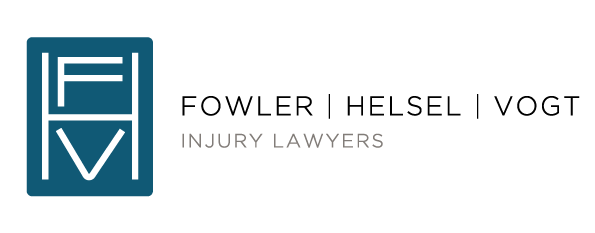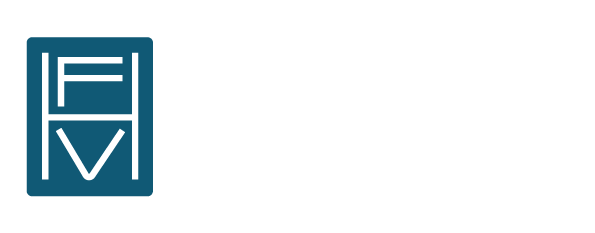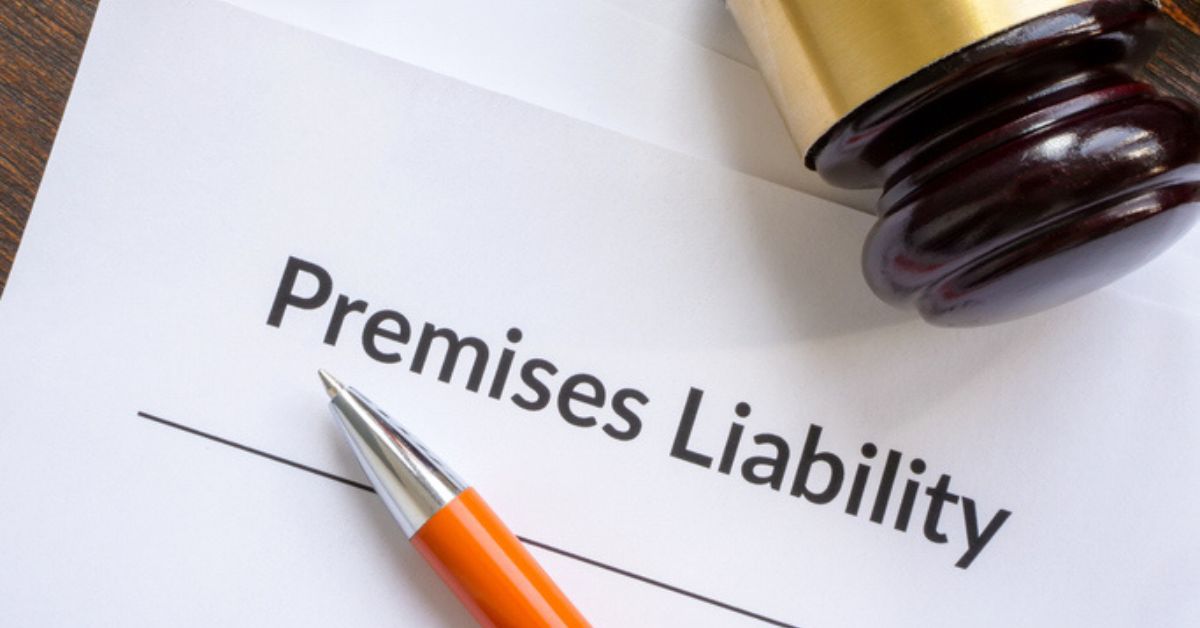Community events like fairs, festivals, concerts, and farmers' markets bring people together to enjoy food, entertainment, and local culture. These gatherings are meant to be fun and festive, connecting with neighbors and making lasting memories. Unfortunately, not all memories are good ones. Despite the best intentions of event organizers, accidents can and do happen on event premises, sometimes leaving attendees with serious injuries.
If you’ve been hurt at a community event, you may have questions about who’s responsible and whether you have any legal recourse. The truth is, you have rights. Understanding the common causes of premises-related accidents, the responsibilities of event organizers, and how a personal injury attorney can help could make all the difference in navigating your recovery.
Common Types of Premises-Related Accidents at Events
Large community events are busy, bustling spaces. With crowds, temporary structures, and various vendors or attractions, accidents can occur for many reasons. Here are some of the most common types of premises-related incidents attendees face:
1. Slip-and-Fall Accidents
Slip-and-fall injuries are perhaps the most frequent type of accident at community events. Common causes include wet or slippery walkways, uneven flooring, cords or cables left in pathways, or spilled drinks that aren’t cleaned up promptly.
2. Trip-and-Fall Accidents
Common culprits are unmarked hazards like loose mats, uneven pavement, poorly lit areas, or exposed tent pegs. These can cause attendees to trip and sustain injuries ranging from cuts and bruises to broken bones or head trauma.
3. Structural Failures
Temporary structures like stages, tents, bleachers, or carnival rides sometimes fail under pressure due to poor setup, lack of maintenance, or overcrowding. Collapsing structures can result in catastrophic injuries.
4. Accidents Caused by Overcrowding
When an event venue becomes overcrowded, it can lead to stampedes, collisions, or crush injuries. Poor crowd control measures or inadequate space to hold attendees can make a celebratory event unsafe.
5. Foodborne Illness
Vendors providing food and drinks at events have a responsibility to practice proper hygiene and food safety procedures. Consuming contaminated food can lead to food poisoning or even severe illness, especially for those with weakened immune systems.
6. Falling Objects
Decorations, banners, or lighting fixtures that aren’t properly secured can come loose and injure guests. Falling objects are especially hazardous in crowded spaces like concert venues.
7. Burns or Electrical Shocks
If not properly managed, fire pits, cooking areas, or poorly maintained electrical systems can lead to burn injuries or shocks. Exposed wires, for example, can prove dangerous in public areas.
No matter how your injury occurred, it’s important to know that you don’t have to suffer in silence. You may be entitled to compensation if an accident happens due to someone else’s negligence.
Responsibilities of Event Organizers
Event organizers have a legal duty to ensure their premises provide a safe environment for all attendees. This responsibility is known as “premises liability.” By law, property owners or those in charge of event spaces must take reasonable steps to prevent accidents and address hazards promptly. Here’s what that responsibility entails:
1. Performing Regular Inspections
Before opening an event to the public, organizers must inspect the grounds to identify and eliminate hazards. This might include checking for wet surfaces, loose wires, or unstable structures.
2. Maintaining Safe Conditions During the Event
Event organizers should continuously monitor conditions throughout the event. For example, spills should be cleaned up quickly, and crowded areas should be controlled with proper barriers and signage.
3. Providing Proper Warnings
If certain risks can’t be immediately addressed, organizers must provide clear, visible warnings to attendees. For example, a “Caution: Wet Floor” sign should be placed near a spill until it’s cleaned.
4. Hiring Qualified Staff
Staff and vendors play an important role in keeping an event safe. All employees, contractors, and security personnel should be properly trained to handle emergencies or respond to hazards such as overcrowding or technical malfunctions.
5. Adhering to Safety Regulations
Organizers must comply with local safety codes and ordinances. These regulations might include fire safety measures, stage construction standards, or limits on venue capacity.
Failure to fulfill these responsibilities can leave event hosts or property owners legally liable for injuries sustained on their premises.
What to Do If You’re Injured
Experiencing an accident at a community event can be overwhelming, but taking the right steps immediately afterward can protect your rights and strengthen your case if you decide to file a claim. Here’s what to do:
Seek Medical Attention
Your health and safety come first. Get medical treatment for any injuries, no matter how minor they may seem. Some injuries, like concussions, might not show symptoms right away.
Report the Incident
Notify event staff, security, or organizers about the accident. Ask for an incident report to be filed, and request a copy for your records.
Document the Scene
Take pictures of the accident site, including any hazards that contributed to your injury. Documenting the scene is crucial, as conditions may change quickly after an accident.
Gather Witness Information
If other attendees saw the accident happen, get their names and contact details. Witness testimony can provide valuable support for your claim later.
Keep Records
Save any medical bills, receipts for related expenses, and correspondence with event organizers. All of this documentation can help prove your damages.
Contact a Personal Injury Attorney
Premises liability cases can be complex, especially when multiple parties are involved. A personal injury attorney can help you understand your legal options, negotiate with insurance companies, and ensure justice is served.
How a Personal Injury Attorney Can Help
When you’ve been injured through no fault of your own, you deserve a strong advocate on your side. Hiring a personal injury attorney can significantly affect your recovery process. Here’s how they can help:
1. Establishing Liability
An attorney will investigate the accident, collect evidence, and identify the party or parties responsible for your injury. This might be the event organizer, property owner, a vendor, or even a contractor hired for setup.
2. Proving Negligence
Premises liability cases often require proving that negligence led to your accident. This can involve demonstrating that the organizer knew or should have known about the hazard but failed to fix it.
3. Calculating Damages
Beyond immediate medical expenses, your attorney will factor in long-term costs like ongoing treatments, lost wages, and pain and suffering.
4. Handling Insurance Negotiations
Event hosts and vendors typically carry liability insurance. Attorneys have the expertise to negotiate with insurers, ensuring you’re fairly compensated rather than pressured into a lowball settlement.
5. Representing You in Court
If a settlement can’t be reached, your lawyer will build a strong case and represent you in court. Litigation can be daunting, but an experienced attorney will handle every detail.
Premises Liability Attorneys in Fresno
By understanding your rights and taking necessary precautions, you can help steer the course toward a safer event experience. At Fowler | Helsel | Vogt, we are dedicated to assisting individuals in Fresno, CA, who have been affected by premises-related accidents. If you or a loved one has been injured at a community event and are seeking legal advice, reach out to us. Our team specializes in personal injury law and can offer guidance tailored to your specific situation, ensuring that you receive the compensation and justice you deserve. Contact us today at (559) 900-1280 to learn more about how we can support your case.


